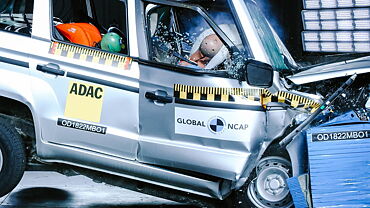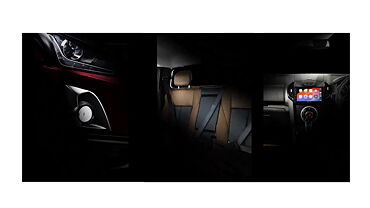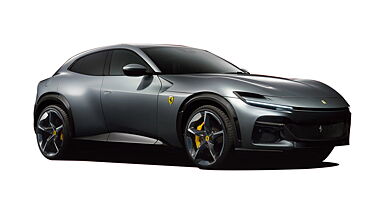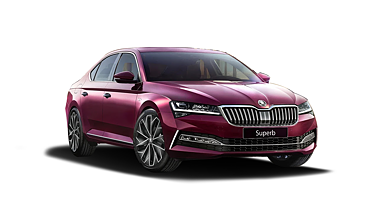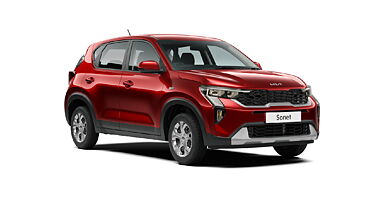The domestic auto industry seems to be troubled by the demand from the European Union for levying zero import duty of cars. This was put forward by the German lobby, consisting of heavyweights such as Mercedes-Benz, BMW and Audi. Though the Indian government has not agreed to any demands yet, there are fears that tariffs could be reduced to as low as 5-10 per cent, from the promised rate of 60 per cent.
Decisions to stall rise of import duty on cars, along with wines and spirits, have given a fresh lease of life to European companies. Industry experts believe that such decisions that foster the European interests could be detrimental for trade in India. Vishnu Mathur, Head of Society of Indian Automobile Manufacturers (SIAM) said, “"We hope India does not give in."
From the consumer point of view, it would be good if enthusiasts can get a fancy set of wheels from Europe at lower prices. However, this would not be helpful in creating jobs for the auto industry, including the logistics and component sectors. It is to protect these sectors that the Government had kept import duty at 100 per cent. But during the recent negotiations with the European Union (EU), which were spearheaded by Commerce and Industry minister, Anand Sharma and presided over by Prime Minister Dr. Manmohan Singh, the import duty is to be lowered to 30 per cent by 2017, which further goes down to 20 per cent by 2020.
The Indian auto industry has been surprised by the fact that the talks were reopened when it seemed that the issue was already settled. There were fears that the import issue would return to the agenda and finally be settled in Brussels this year, by Anand Sharma and his counterpart Karel De Gucht. The industry is doubtful as the Government has displayed signs of lopsidedness in its take on the trade agreement with EU. Experts feel that it would be helpful if the industry can benefit from high duty, so that employability of workers is not put to risk.



